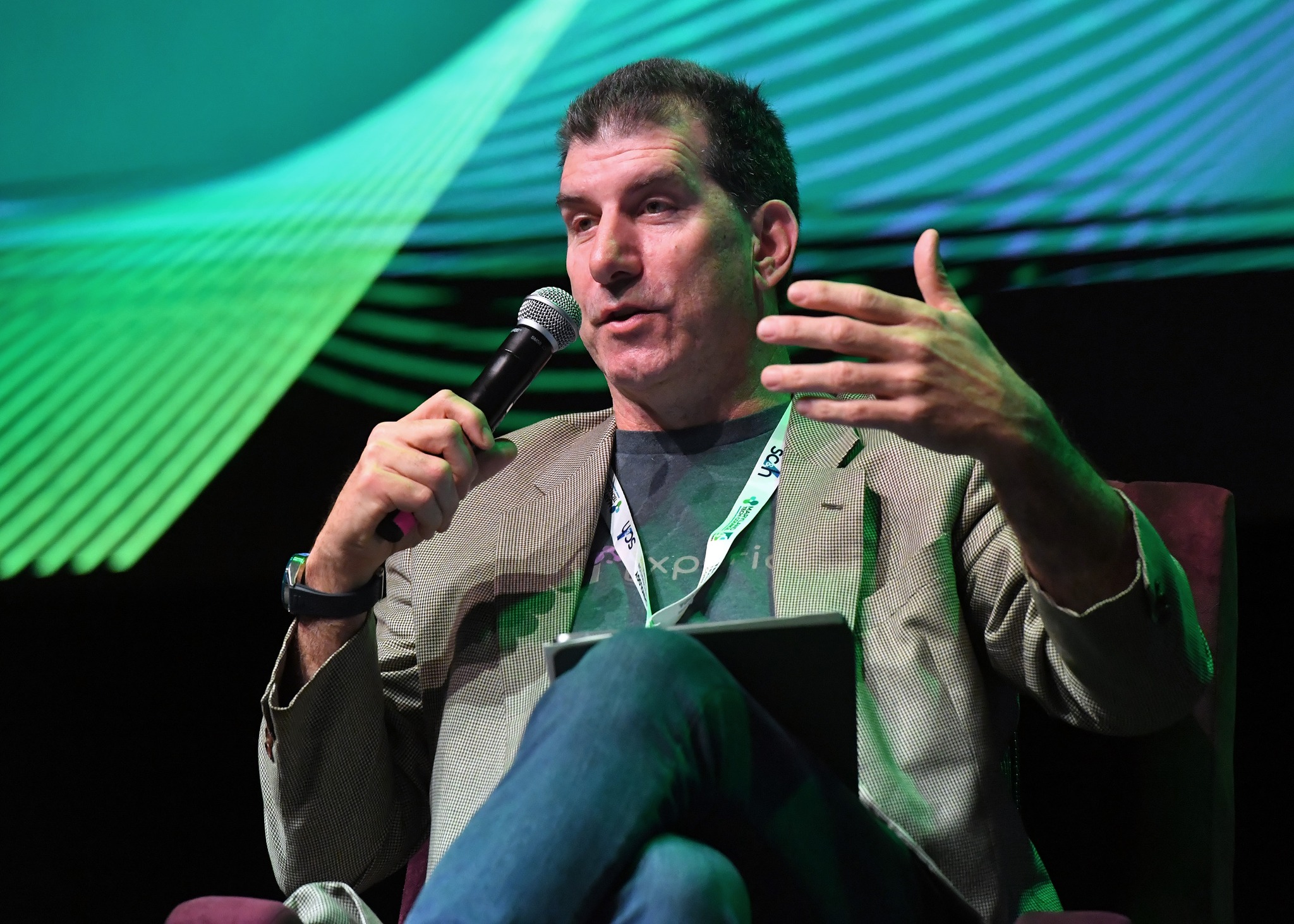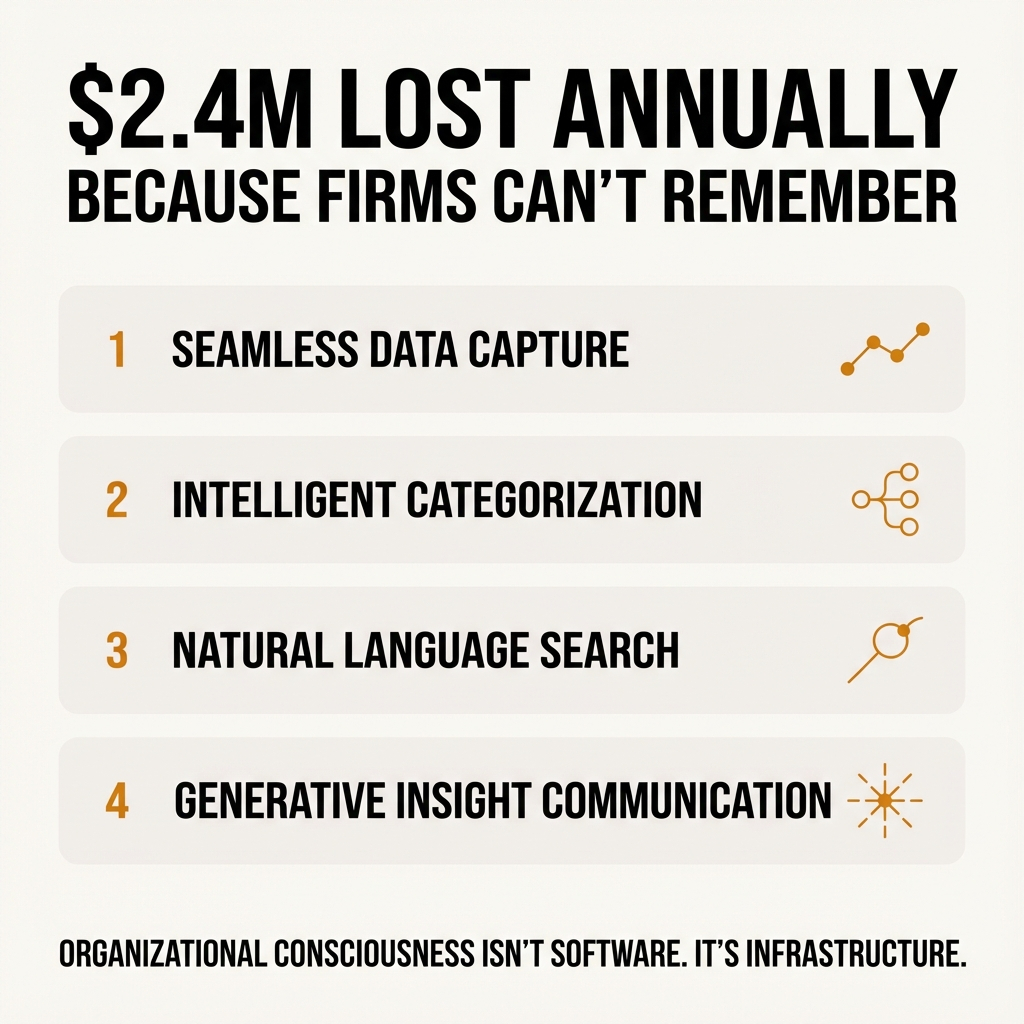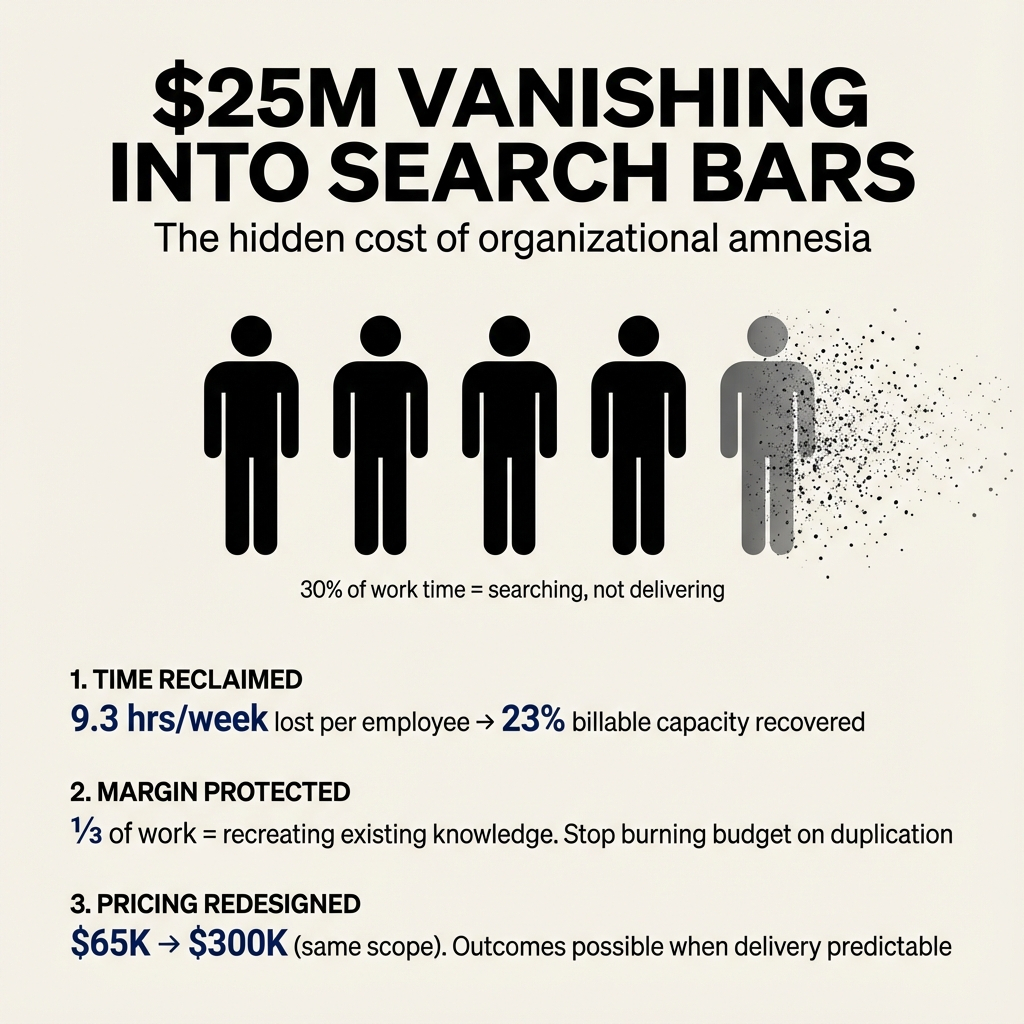DATE
CATEGORY
READING TIME
AI Transforms Workplace Culture When Leaders Listen First

Leaders rush to AI. Teams push back. Culture suffers.
This pattern plays out in organizations worldwide as executives race to implement artificial intelligence solutions without first understanding the human systems they're disrupting. The result? Resistance, resentment, and ultimately, failure to capture AI's transformative potential.
Having guided organizations through digital transformations for over three decades, I've observed a consistent truth: technology alone never solves organizational problems. The differentiating factor between successful and failed AI implementations isn't the sophistication of the technology but the approach of leadership.
When leaders listen first, AI becomes a catalyst for positive cultural transformation rather than a threat to it.
The Cultural Impact of AI Implementation
AI doesn't just change workflows. It fundamentally reshapes how people interact, collaborate, and derive meaning from their work. It challenges existing power structures, redefines roles, and forces organizations to reconsider what human contribution means.
These changes trigger deep-seated fears. Will AI make my skills obsolete? Will it monitor and control my work? Will it eliminate my job entirely? These concerns aren't irrational. They're natural human responses to perceived threats to autonomy, mastery, and purpose.
Leaders who dismiss these concerns as mere resistance to change miss a crucial opportunity. The anxiety surrounding AI implementation contains valuable signals about organizational culture, unspoken norms, and the lived experience of employees.
Why Listening Must Precede Implementation
Listening before implementing AI serves multiple strategic purposes:
First, it reveals existing knowledge flows. Organizations already have established patterns for how information moves, where expertise resides, and how decisions get made. AI systems that work with these patterns rather than against them have higher adoption rates.
Second, it uncovers cultural barriers. Every organization has unwritten rules about what "good work" looks like. AI solutions that violate these norms face rejection regardless of their technical merit.
Third, it builds psychological safety. When people feel their concerns are heard and addressed, they become partners in implementation rather than obstacles to it.
Fourth, it identifies unique organizational knowledge. The most valuable institutional memory often exists in tacit knowledge that standard AI implementations might miss entirely.
The Listening Leader's Approach to AI
Effective listening in the context of AI implementation goes beyond superficial surveys or town halls. It requires a structured approach:
In my consulting experience, organizations that invest in this listening phase accelerate their AI implementations in the long run. They avoid the costly cycle of implementation, resistance, and rework that plagues hasty deployments.
From Listening to Action
Listening without action breeds cynicism. Leaders must demonstrate how employee input shapes AI strategy:
The Cultural Transformation Opportunity
When approached with intentional listening, AI implementation becomes an opportunity for positive cultural transformation. It can:
The organizations seeing the greatest returns from AI aren't necessarily those with the most advanced technology. They're the ones with leaders who recognized that AI implementation is fundamentally a human and cultural challenge.
Leading the Conscious Organization
At Experio Labs, we believe every organization has vast untapped potential in the collective knowledge, experience, and creativity of its people. AI offers unprecedented opportunities to unlock this potential, but only when implemented with deep respect for human systems.
The future belongs to what we call "conscious organizations" - those capable of capturing, accessing, and applying their collective intelligence to continuously evolve. These organizations don't just deploy AI. They integrate it into their cultural fabric through leadership approaches that prioritize listening.
As you consider your AI strategy, remember that the most powerful implementation tool isn't the latest algorithm or platform. It's the leader's capacity to listen deeply, respond authentically, and guide cultural transformation with wisdom and care.
The organizations that thrive won't be those that adopt AI fastest, but those whose leaders listen first.







